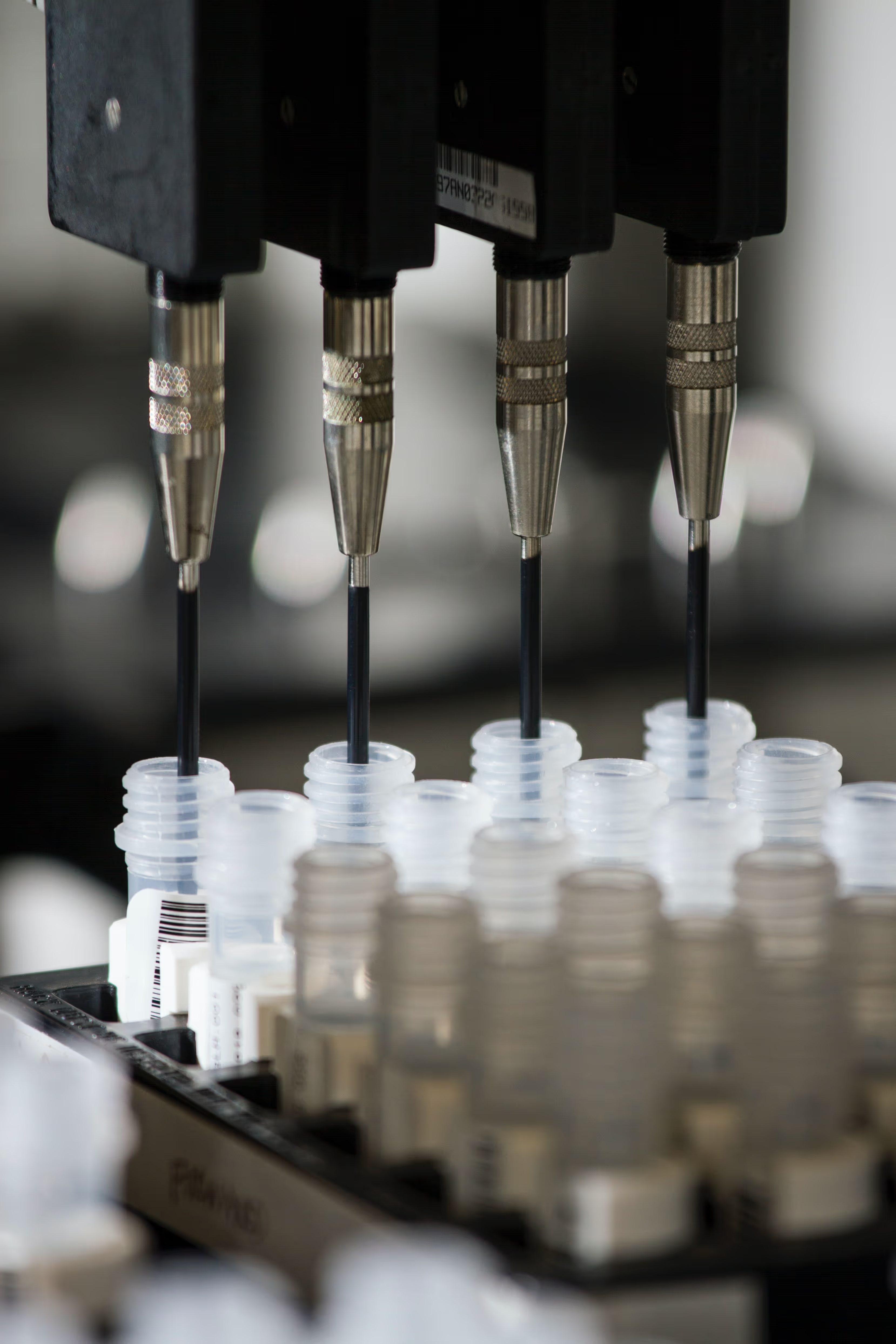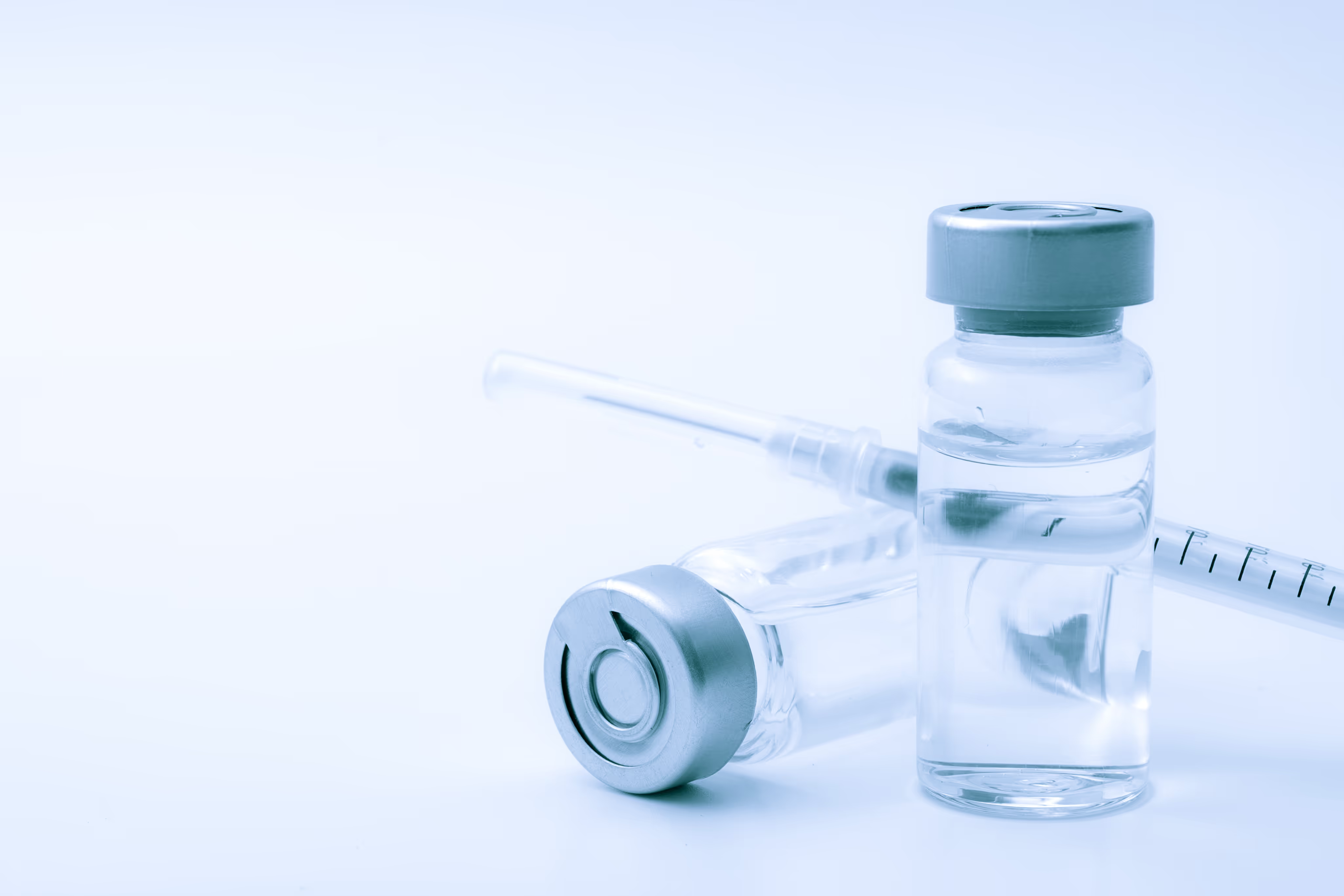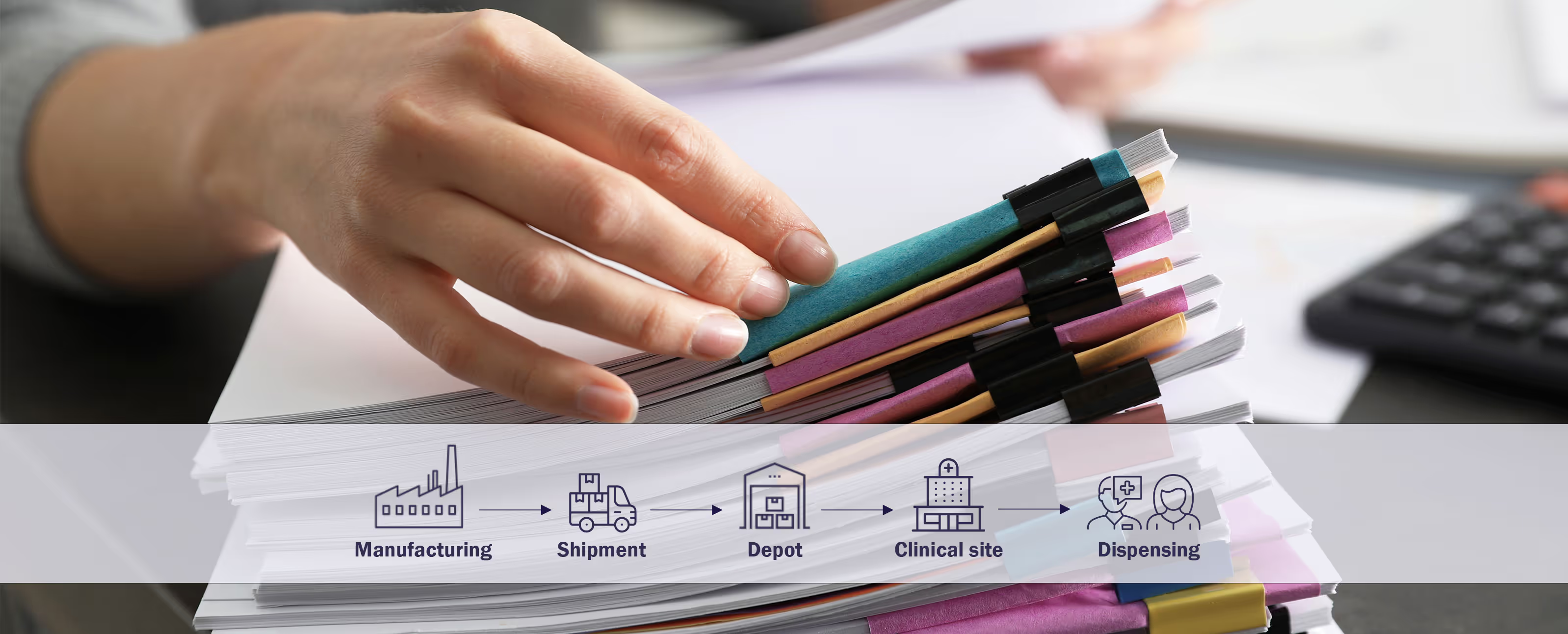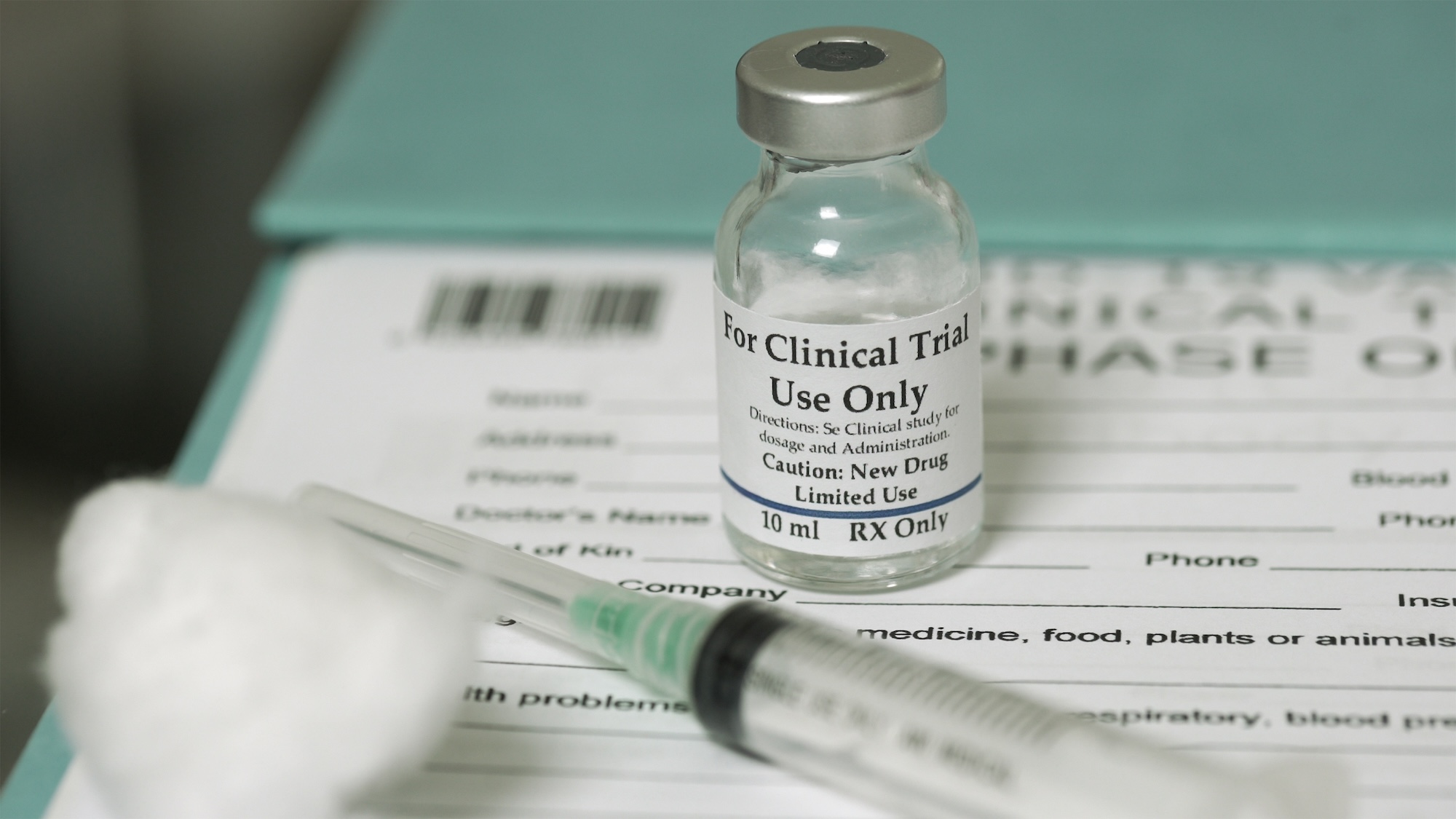Turn days into seconds at clinical sites worldwide

TSS Clinical Module
During these evaluations, the vast majority of excursions are found to be within the stability budget. The medicines could have been dispensed immediately instead of being held in quarantine for days. This paper-based and manual process is neither sustainable nor cost-effective.
That is why TSS and Novo Nordisk partnered up to develop the TSS Clinical Module. It speeds up the investigation process – turning days into seconds, by transforming temperature management into an automated and digitized process. We spoke with Novo Nordisk’s Charlotte Crone, Trial Product Handling Specialist, and Ina Lewinsky, IV/WRS Senior Business analyst, who are both part of the project team who drew up the original idea in 2015, a solution that today is live with over 145 sites worldwide.
End-to-End Clinical
The Clinical Module compares aggregated temperature data from in-transit and storage loggers with the stability budget on a kit level, which instantly determines whether the excursion is a deviation or not, allowing proper action to be taken. If the excursion remains within the stability budget, an automatic release is granted by the system in seconds, and the clinical site staff is informed. Charlotte Crone, Trial Product Handling Specialist at Novo Nordisk, reports that the sites are seeing fast and reliable results since the implementation of the TSS Clinical Module. The solution is reducing failed patient visits and speeding up the investigation process of temperature deviation from days to seconds. Charlotte also explains that quickly being able to generate audit reports by the click of a button instead of searching in paper archives is another truly valuable benefit with the Clinical module cloud.
“Temperature data records used to be stored locally at sites and in addition to the manual work of searching through binders, it happens that records are lost completely, which can give severe findings and threaten the very outcome of the clinical trial”.
Ina Lewinsky, Senior Business Analyst at Novo Nordisk, concludes that by collecting all the information in the TSS Clinical Module, Novo Nordisk HQ has been able to gain insight and overview of each site's actual performance. Having access to global data and look at variation over time allows for both local and central process improvements. As the system only report deviations outside the stability budget, the number of reported deviations has gone down, enabling the Novo Nordisk temperature control teams to operate more efficiently and even reducing size of the team. Ina also explains how their Quality Assurance department benefit from the Clinical module electronic signature flows and improvements in data integrity, as system alerts are sent to staff if temperature data uploads are not performed on time or if temperature data loggers are in need of re-calibration.
.jpeg)
When asked about challenges in the project, Ina and Charlotte explains that there were some sites that needed extra time to adopt the digitized approach and express the importance of communication with all user categories in good time before implementation. Pilots have been conducted globally to capture areas that can be further improved in terms of user friendliness and automation. TSS made two upgrades from the initially developed concept to address challenges found during the pilot studies before the final release for global go live in December 2019.
For many sites the solution, used by Novo Nordisk in field since March this year, has already proven its purpose of turning days into seconds. Clinical staff from a site in the US, who experienced power failure during hurricane season, reported that the Clinical module was able to conclude in seconds which Novo Nordisk products were still safe to dispense, while the paperwork they had to conduct for their manual trials took days.
You may also be interested in

The year in review: TSS’s most-read blog articles of 2021

Future-Proofing Clinical Trials: How Sponsors Can Up-Scale Through Automation

TSS Sponsors the 27th Annual Clinical Trial Supply Europe 2026 in Barcelona
You may also be interested in

TSS Sponsors the 27th Annual Clinical Trial Supply Europe 2026 in Barcelona


